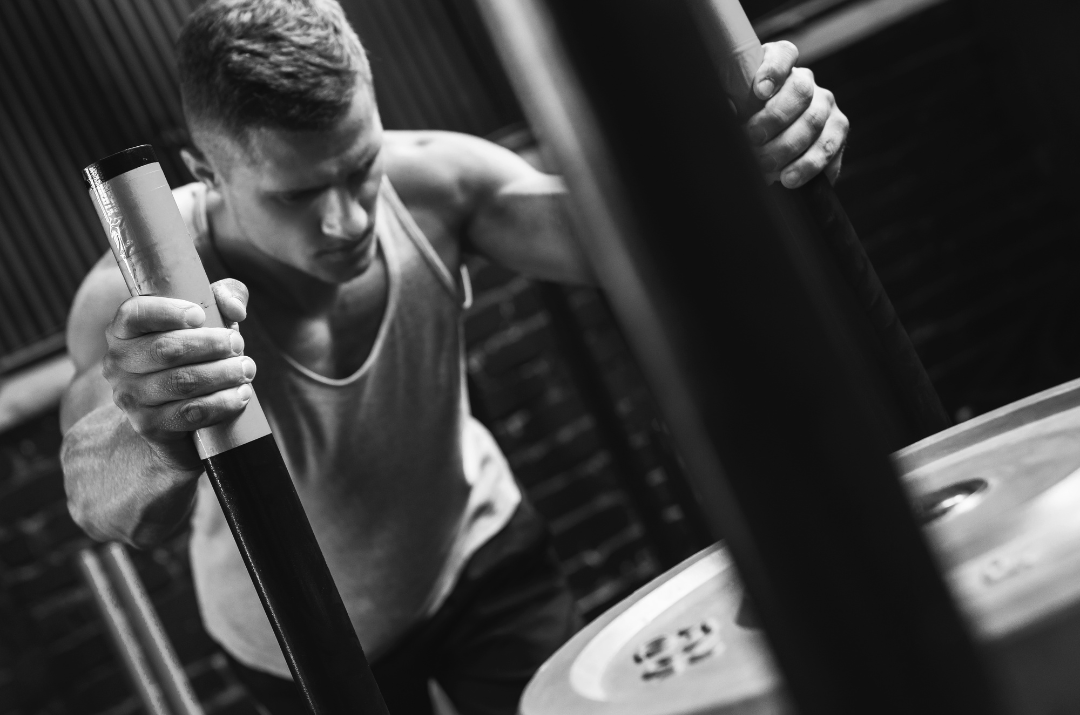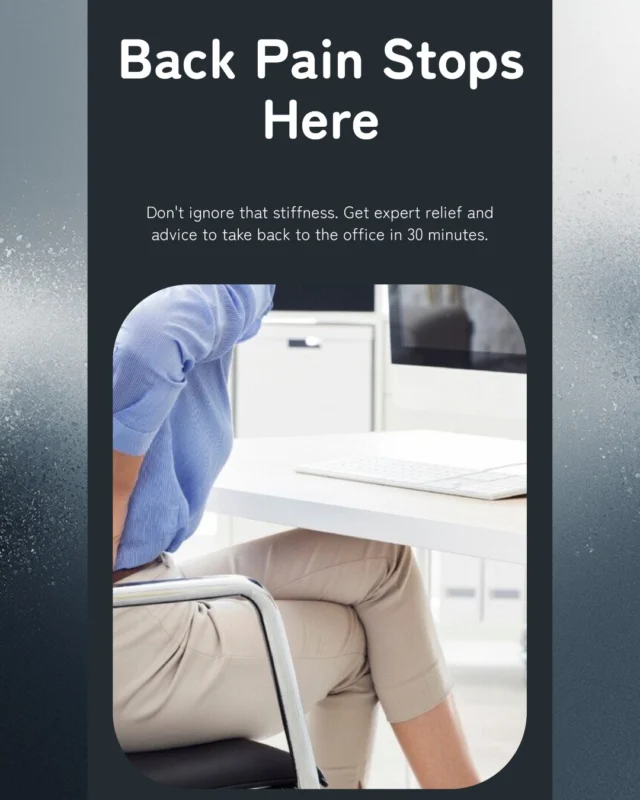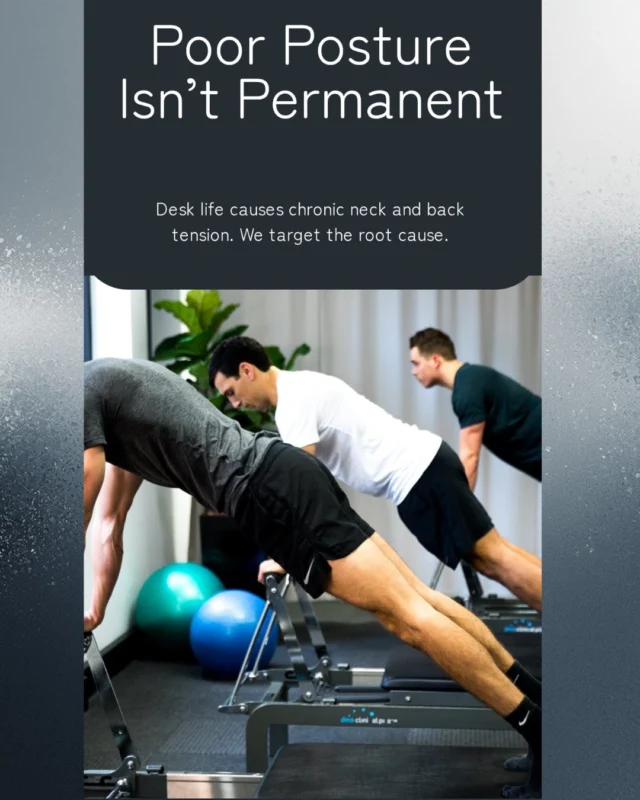Whenever a female patient walks through our doors wanting treatment on their neck and shoulders, I am always sure to scope out the size of their handbag! As women, there are so many things that we need to cram into our handbags to make our lives easier, but what are these heavy bags doing to our bodies?
It’s difficult to speculate what the average handbag weighs- but surveys show that it can be anywhere between an extra 1.5 and 3 kilos that you might be carrying on your shoulder/s!
Recent advances in technology are helping us to lighten the load as we no longer require i pod/laptop and phone separately. However, we are all guilty of carrying too much in our bags! If you can you should try and minimize what you carry around, especially if you are having problems with your neck and/or shoulders.
Listed below are some ways that your heavy bag can affect your body:
Neck:
You will automatically lean away from the side that you’re holding your handbag on, causing compression on the opposite side of your neck and tension in the muscles on the same side.
Back:
The shoulder on the side that you are carrying the back will be raised and rotated backwards – causing tension in the muscles around the spine and shoulder blade in the upper back. In the lower back this can increase compression in the discs on the side leaning away from the bag
Arms:
The arm on the same side of the bag remains still instead of swinging naturally as you walk which reduces the efficiency of your walking and requires more energy to propel yourself forward.
Hips and Legs:
Carrying a bag makes you walk differently and changes the pressure/ loading through your hips and legs.
So how can you minimize the effect your bag has? Apart from limiting what you put in it, be sure to pick a handbag with a wider shoulder strap- to spread the load. You are also better off with a shorter strap as it keeps the bag closer to your centre of gravity. Also, as much as you get used to carrying your bag on one side, it’s a good idea to swap sides regularly to share the load.
For more information, or if you are suffering from back or neck pain, be sure to contact your Bend + Mend Physiotherapist today.





